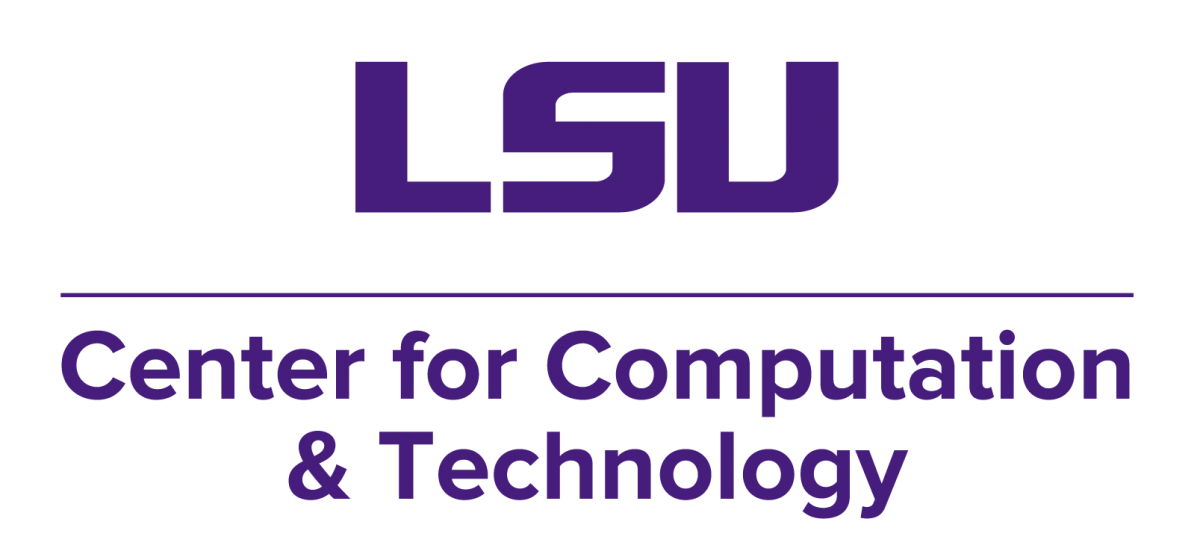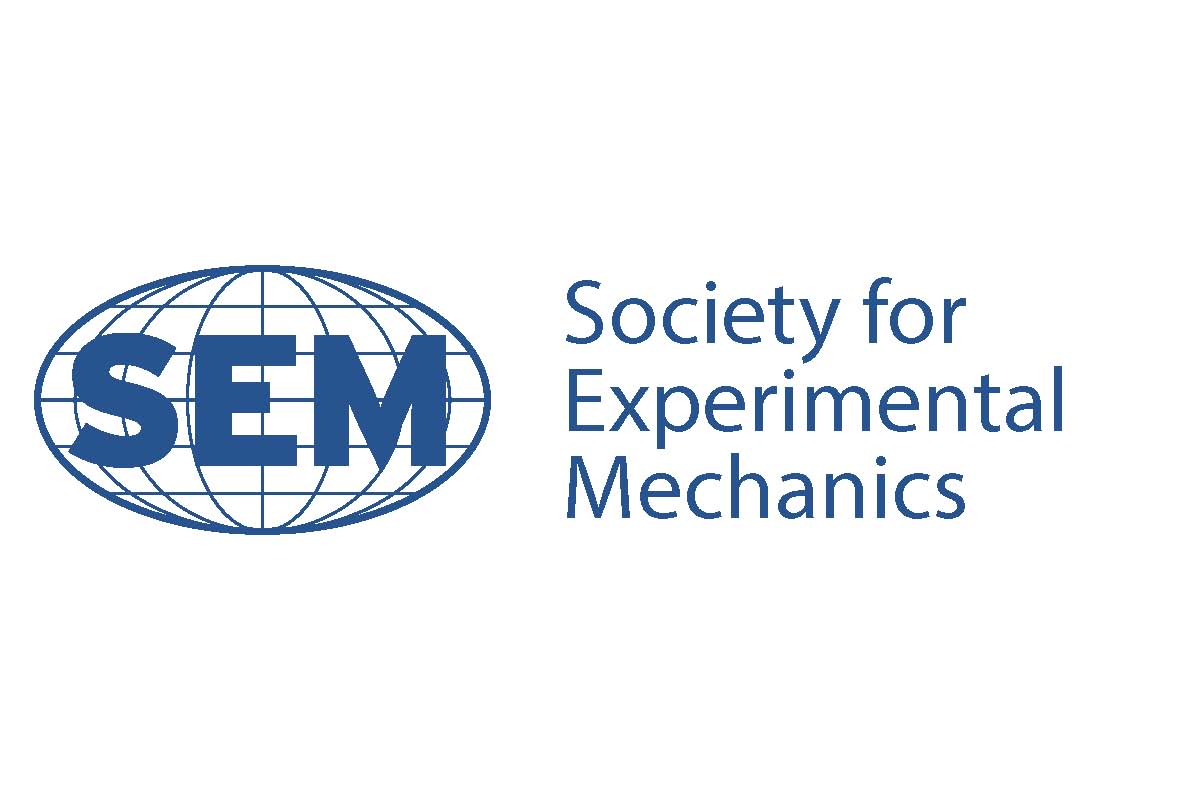Welcome to the Workshop on Experimental and Computational Fracture Mechanics: Validating peridynamics and phase field models for fracture prediction and experimental design.
Comparison of numerical simulations against experimental data is essential for the validation of fracture models in order to gain confidence in their predictability and reliability. Peridynamics and phase field approaches have recently delivered promising results for modeling complex fracture phenomena and significant efforts have been carried out in the past years to validate the corresponding fracture models using available experimental data. However, on one hand, it is still unclear whether the data obtained from current experiments is informative enough to satisfactorily validate models in fracture mechanics. On the other hand, it would also be interesting to combine simulation tools and experimental design to optimize control parameters in fracture mechanics experiments.
The objectives of this workshop are to bring together experts in experimental fracture mechanics, peridynamics, and phase field methods to discuss the state-of-the-art of experimental measurement and computational modeling with applications in fracture mechanics, to promote a dialogue between these communities, and to identify challenges and pathways for robust validation of phase field and peridynamic models as well as integration of experimental and modeling efforts.
This workshop is sponsored by the Technical Thrust Area on Large Scale Structural Systems and Optimal Design of the US Association for Computational Mechanics, the Center for Computation & Technology at Louisiana State University, the Oak Ridge National Laboratory, the Society for Experimental Mechanics, and the U.S. National Committee on Theoretical and Applied Mechanics (USNC/TAM).





